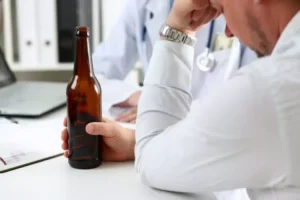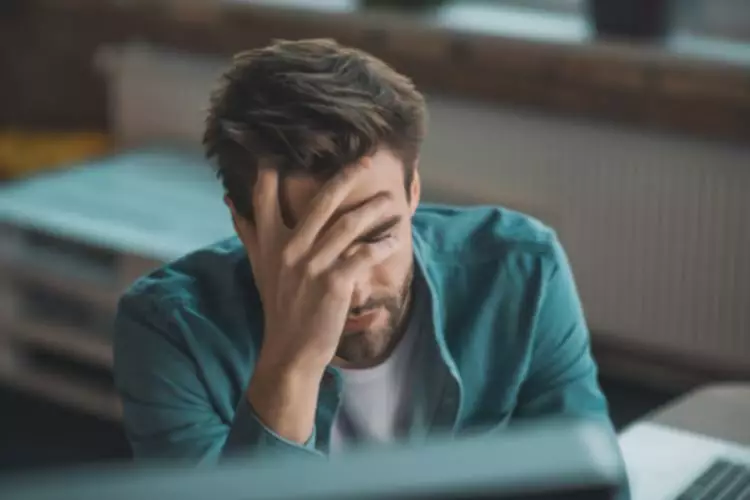What To Avoid When Taking a Blood Thinner

These proteins are activated through a series of steps that, ultimately, activates fibrin. Fibrin is a protein formed during the clotting process that helps stop blood flow. You may need regular blood tests to check how well your blood is clotting. It is important to make sure that you’re taking enough medicine to prevent clots, but not so much that it causes bleeding.
How dangerous is it to drink alcohol if I’m on a blood thinner?

They call a blood clot in the legs a deep vein thrombosis (DVT). A DVT can dislodge and move up to the lungs, causing a pulmonary embolism. Generally speaking, The American Blood Clot Association recommends that anyone with a clotting disorder or heart disease should use extreme caution when drinking. Blood clotting is an extremely important function of the body that prevents bleeding.
- Nausea, easy bruising, or minor bleeding (such as nosebleed, bleeding from cuts) may occur.
- Blood thinners are medications given to people with a high risk of dangerous levels of blood-clotting.
- Anticoagulant blood thinners target various proteins in the coagulation cascade.
- Blood travels through blood vessels in a liquid form to bring oxygen and nutrients to tissues throughout the body.
- However, a major drawback of warfarin is that it needs careful dosing and regular lab testing to prevent complications.
- However, people should not consume alcohol instead of taking medications as a healthcare professional has prescribed.
Newer direct oral anticoagulants
However, even in human clinical trials, reviewers say the results are limited by a lack of control groups or rigorous study design. Warfarin is usually well tolerated and inexpensive, but you must monitor how thin your blood is with frequent lab work. Some foods also decrease its effectiveness, so it’s important to keep your diet consistent. New oral anticoagulants, or NOACs, don’t require regular blood work or diet management.

How to increase blood oxygen

It is used to prevent or treat blood clots in veins, arteries, or the heart, which can reduce the risk of a stroke, heart attack, or other serious conditions. Alcohol is itself a blood thinner, and it also increases the time your blood thinner medication stays in your system. For these reasons, drinking alcohol while taking blood thinners can make it hard for your blood to clot, which can increase your blood thinners and alcohol risk of bleeding heavily. Specifically, this groundbreaking study found that there are no health benefits of drinking among those who are under the age of 40. Eliquis has boxed warnings for the risk of blood clots if stopping Eliquis treatment early and risk of spinal blood clots from certain spinal procedures. Boxed warnings are the most serious warnings from the Food and Drug Administration (FDA).
- Blood thinners may interact with alcohol as well as certain other medications, foods, and dietary supplements.
- Talk with a healthcare professional to find out which blood thinner you qualify for.
- This article discusses the types of blood thinners, their medical uses, and side effects.
Relieves Symptoms of Depression
MEDICAL ENCYCLOPEDIA

Can someone drink alcohol instead of taking a blood thinner?
- There are no specific warnings about consuming alcohol while taking other blood thinners.
- The reason is that blood thinners are preventing your body’s natural ability to clot blood, which it does to stop bleeding or minor wounds.
- Newer direct oral anticoagulants inhibit other factors, such as factor Xa or an enzyme called thrombin, both in the blood and in existing clots.

